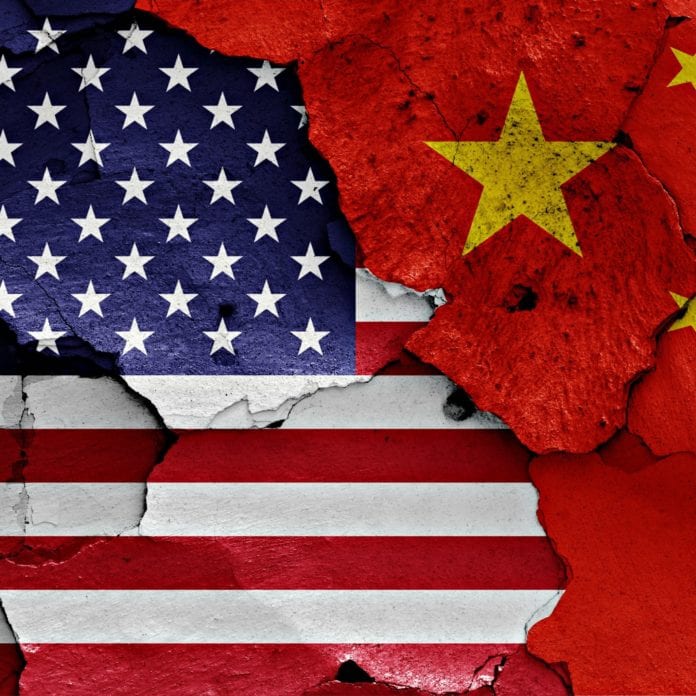China appears to have jitters that the newly announced $40 billion acquisition of Arm by U.S.-based NVIDIA could put its semiconductor industry in peril, and the deal could mean that Arm’s traditional neutrality on the companies it works with could be undermined by the U.S. government.
An op-ed in the state-backed Global Times publication urged said that the transaction could put China at a disadvantage. Arm is currently owned by Japanese conglomerate Softbank, which bought the company in 2016 for $31 billion.
“The mere possibility that British chip designer Arm may become a U.S. subsidiary is disturbing for not only Chinese technology companies but also a large number of European companies using Arm’s technology,” the op-ed said, going on to add that “it is obvious that Arm would lose its position as the ‘Switzerland of the semiconductor industry’ if the deal goes through. At present, Arm controls the world’s most widely-used CPU instruction set architecture (ISA), and chips based on Arm architecture are used in more than 90 percent of the world’s smartphones. It is because of its consistent neutrality that chip-making and smartphone giants including Apple, Qualcomm, Samsung, and Huawei have maintained long-term cooperation with the British company. … Nvidia’s proposed acquisition would significantly weaken that neutrality that is most valuable in today’s semiconductor industry. While Nvidia may also be willing to protect Arm’s neutrality, it is questionable whether it is capable of really doing so. After all, it is not just up to Nvidia to decide whether Arm would still be able to give fair treatment for all companies wherever they are based. To a certain extent, the purchase of Arm by Nvidia, if settled, could serve as another trump card for the US government in the global semiconductor industry. ”
In a separate news story, Global Times reported that Xiang Ligang, director-general of the Beijing-based Information Consumption Alliance, told the publication that the Chinese government is likely to play a role in reviewing the transaction, and the chance of its approval is low. The publication also noted that Huawei’s Kunpeng, Kirin and Ascend chips are all based on Arm architecture.
As Reuters noted, before NVIDIA can assume full control of Arm, anti-monopoly regulators in major markets must signal approval of the transaction. The NVIDIA/Arm transaction could face the same fate as Qualcomm’s 2018 $44 billion bid for NXP Semiconductor, which fell through after Chinese regulators would not approve the transaction.

